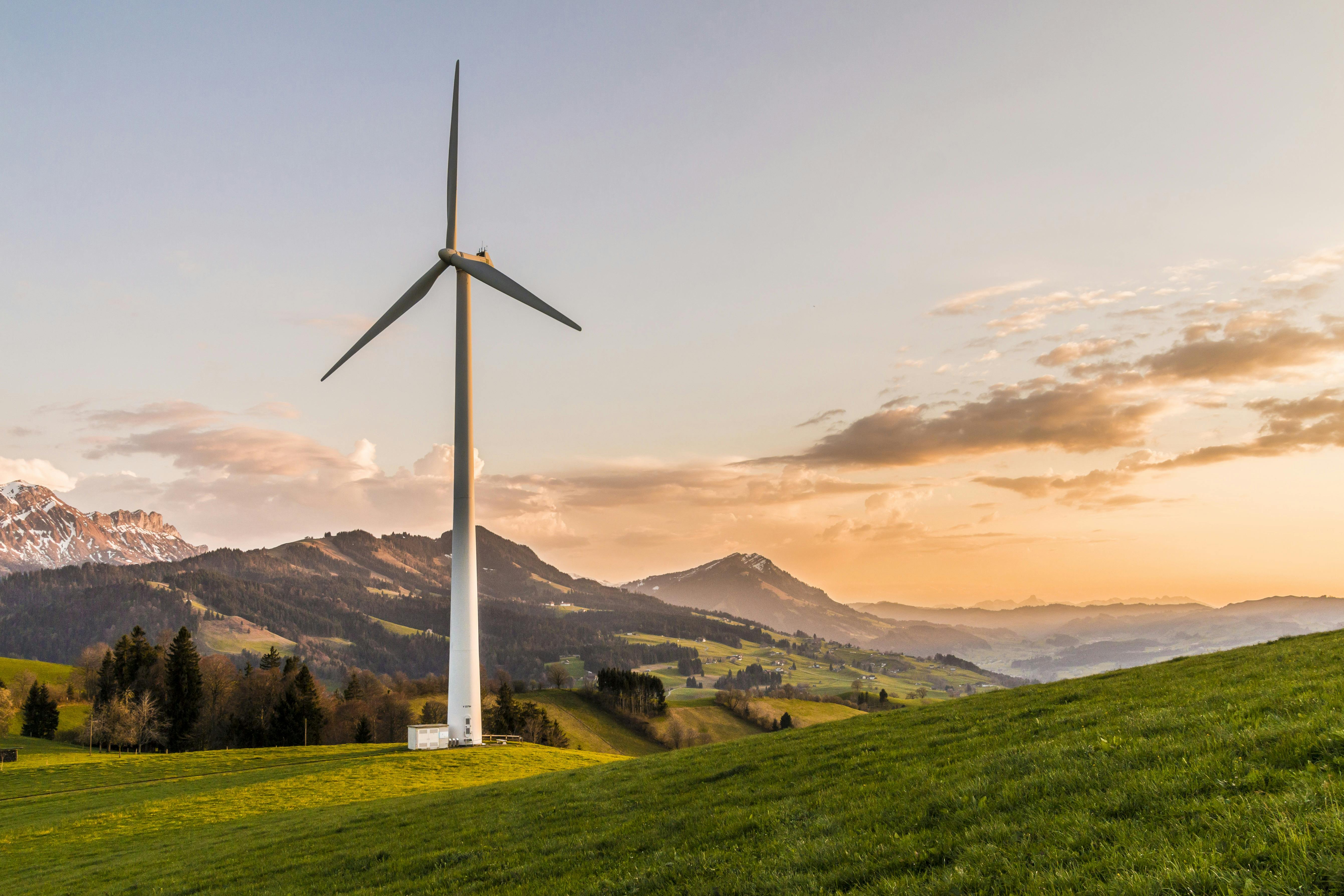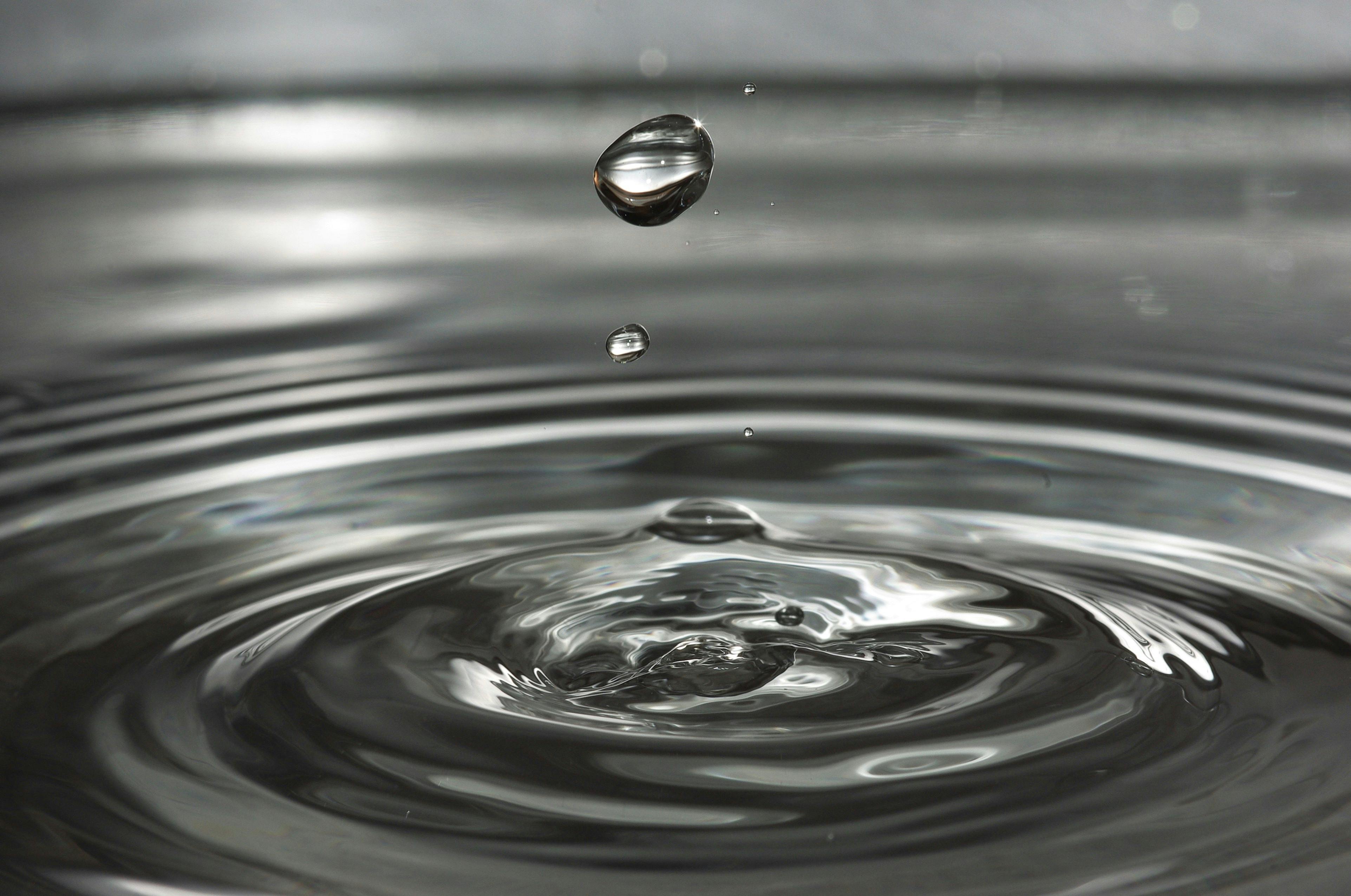“Water Conservation Techniques for Sustainable Gardening”

Introduction to Sustainable Gardening
Hello, dear readers! 🌱 Today, let’s dive into the wonderful world of sustainable gardening, with a special focus on water conservation techniques. Sustainable gardening isn’t just about growing beautiful plants; it’s about nurturing the environment, saving resources, and creating a garden that thrives with minimal impact on our planet. Let’s explore how we can conserve water and make our gardens more sustainable.
Efficient Irrigation Systems
One of the key aspects of sustainable gardening is efficient water use. Traditional watering methods can waste a lot of water due to evaporation and runoff. Instead, consider using drip irrigation systems. These systems deliver water directly to the plant roots, ensuring minimal waste. You can also set up timers to water your plants during cooler parts of the day, reducing evaporation.
Rainwater Harvesting
Another excellent method for conserving water is rainwater harvesting. By collecting rainwater, you can reduce your dependence on municipal water supplies. Install rain barrels or larger cisterns to capture and store rainwater from your roof. This stored water can then be used to irrigate your garden during dry spells.
Choosing the Right Plants
Selecting the right plants for your garden is crucial for water conservation. Native plants and drought-tolerant species require less water and are better suited to the local climate. These plants not only conserve water but also provide a habitat for local wildlife, contributing to biodiversity.
Mulching
Mulching is another fantastic technique for conserving water. By adding a layer of organic mulch, such as shredded bark, pine needles, or grass clippings, you can help retain soil moisture, regulate soil temperature, and suppress weeds. This reduces the need for frequent watering and keeps your plants healthy.
Garden Design
Thoughtful garden design can also play a significant role in water conservation. Incorporate elements like rain gardens, which capture and filter rainwater, and permeable paving, which allows water to infiltrate the soil rather than running off. Strategically planting trees can provide shade and reduce the need for watering.
Integrated Pest Management
Sustainable gardening also means reducing the use of chemical pesticides, which can contaminate water sources. Integrated pest management (IPM) involves using a combination of cultural, biological, and mechanical methods to control pests. This includes attracting beneficial insects, using natural pesticides, and practicing crop rotation.
Composting and Soil Health
Healthy soil retains water more effectively. Composting kitchen scraps and yard waste creates nutrient-rich soil amendments that improve soil structure and water retention. Additionally, organic mulch and compost reduce the need for synthetic fertilizers, which can leach into water supplies.
Reducing Energy Use
Sustainable gardening isn’t just about water; it’s also about energy conservation. Using manual tools instead of power tools, such as a push mower instead of a gas-powered mower, reduces fossil fuel consumption. Incorporating renewable energy sources, like solar-powered lights, further reduces your garden’s carbon footprint.
Creating Wildlife-Friendly Habitats
Creating habitats for wildlife, such as birdhouses and pollinator gardens, enhances biodiversity and helps maintain a balanced ecosystem. Pollinators like bees and butterflies are crucial for the health of your garden and the broader environment.
Educating Yourself
Lastly, continuous learning is vital. Stay updated on new sustainable gardening techniques and technologies. Join gardening communities, attend workshops, and read up on the latest practices to keep improving your sustainable garden.
Closing
By incorporating these water conservation techniques and sustainable gardening practices, you can create a beautiful, eco-friendly garden that conserves water, supports local wildlife, and reduces environmental impact. Happy gardening! 🌿


